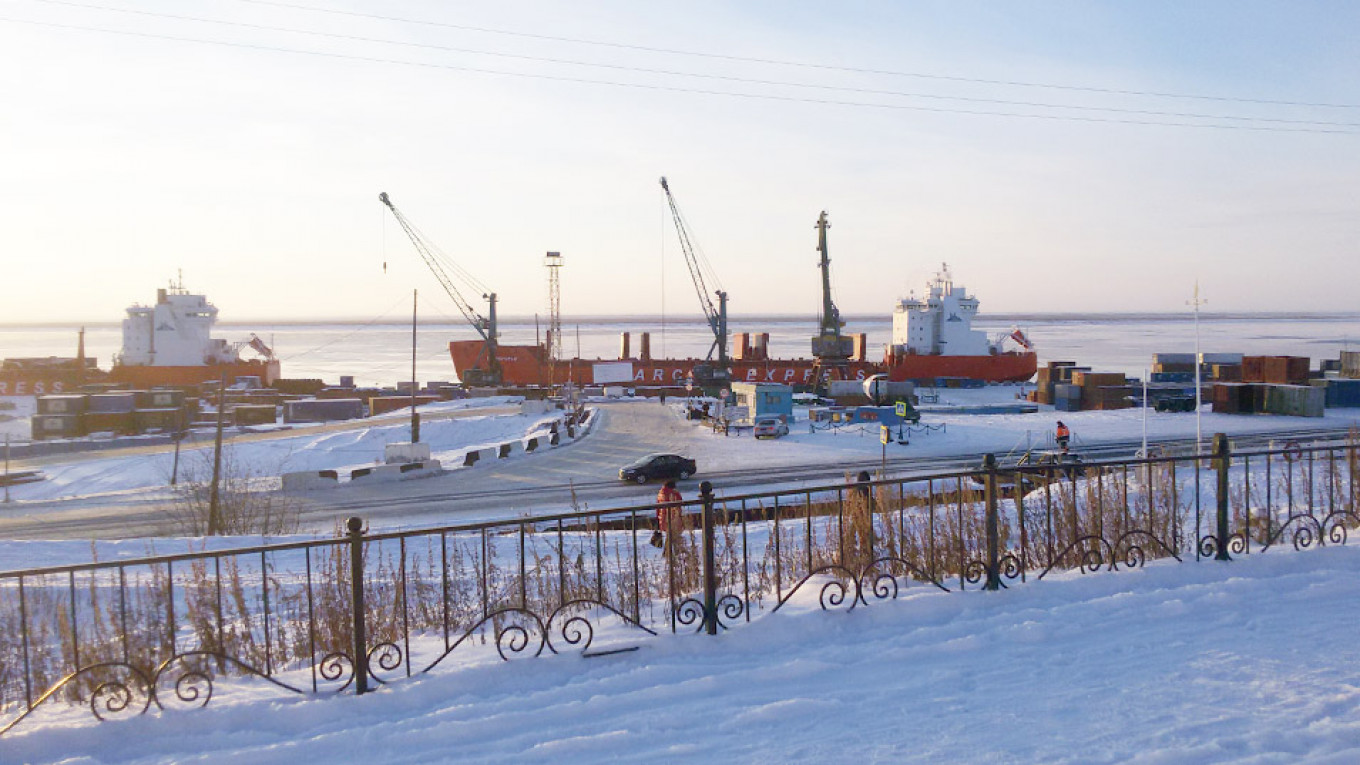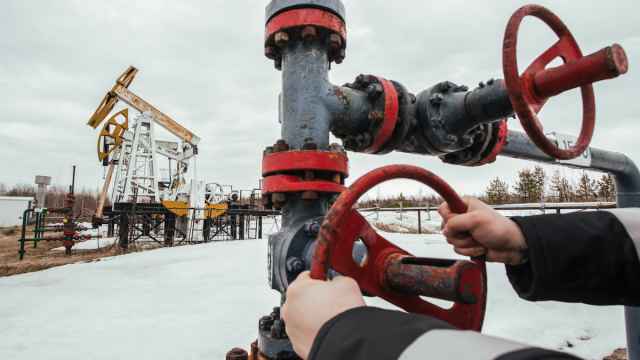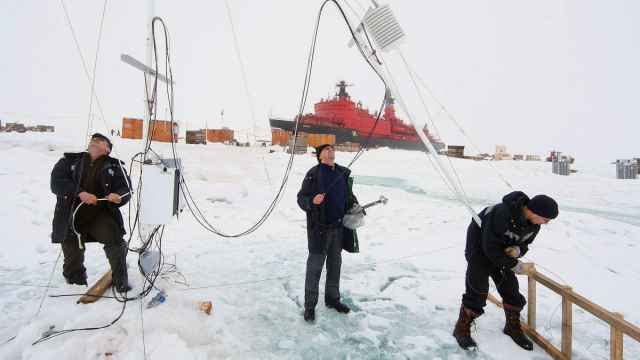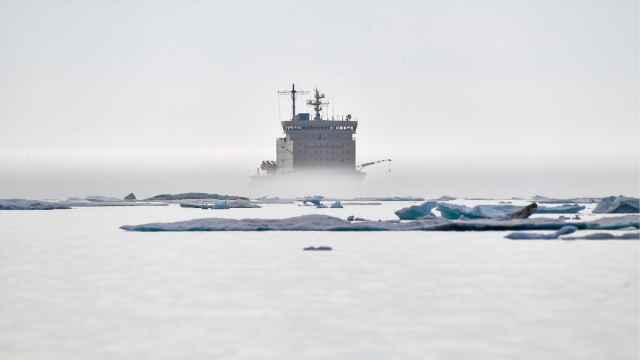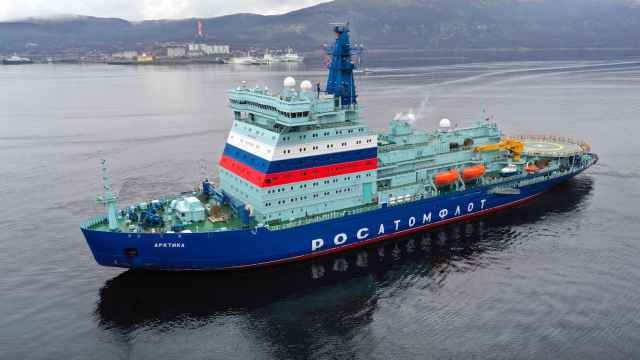An oil terminal located on the remote Arctic coast of the Nenets Autonomous Okrug is at the center of a court battle between Russian oil majors Lukoil and Rosneft.
The Varandey facility is owned by private company Lukoil and used primarily to export its oil from the nearby Nenets tundra. However, since 2016, state-owned Rosneft has controlled two other regional oil fields that also deliver their production to the terminal.
The Trebs and Titov oil fields produce about 2 million tons of oil per year and are owned by Bashneft-Polyus, a joint venture controlled 75.1 percent by Rosneft. The remaining 24.9 percent is owned by Lukoil.
Lukoil charges $38 per ton to store oil at the Varandey terminal. Rosneft says that is too much and is demanding a reduction to $12-$13 per ton, RBC reports.
In October 2018, Rosneft took its case to the Federal Antomonopoly Service and soon won support for its stance.
That was met by a harsh reaction from Lukoil. In an interview, company leader Vagit Alekperov made clear that he intends to take the case to “a victorious end” in court. On April 10, the company appealed the Antomonopoly Service’s decision.
The case will be addressed by the court on 30th May, RBC reports.
A loss could have serious economic consequences. Fines could amount to more than 2.5 billion rubles (€34 million). In addition, if the court sets the Varandey terminal rates at $12 per ton, Rosneft could potentially demand up to $200 million in compensation for “excess payments” since the launch of the Titov and Trebs fields in 2013.
The Varandey terminal was built by Lukoil in 2008 and has an annual out-shipment capacity of 12 million tons. The terminal is located in shallow Arctic waters 21 kilometers from the coast. A fleet of ice-class tankers shuttle the oil to terminal facilities in Murmansk. The terminal is connected by pipeline to several of Lukoil’s fields in the area, among them the Yuzhno-Khilchuyu field.
The conflict with Rosneft has resulted in a decrease in out-shipments from Varandey. In the first eight months of 2018, a total of 4.5 million tons of oil was handled by the terminal, down 22 percent from the same period in 2017.
This article first appeared in The Barents Observer.
A Message from The Moscow Times:
Dear readers,
We are facing unprecedented challenges. Russia's Prosecutor General's Office has designated The Moscow Times as an "undesirable" organization, criminalizing our work and putting our staff at risk of prosecution. This follows our earlier unjust labeling as a "foreign agent."
These actions are direct attempts to silence independent journalism in Russia. The authorities claim our work "discredits the decisions of the Russian leadership." We see things differently: we strive to provide accurate, unbiased reporting on Russia.
We, the journalists of The Moscow Times, refuse to be silenced. But to continue our work, we need your help.
Your support, no matter how small, makes a world of difference. If you can, please support us monthly starting from just $2. It's quick to set up, and every contribution makes a significant impact.
By supporting The Moscow Times, you're defending open, independent journalism in the face of repression. Thank you for standing with us.
Remind me later.


